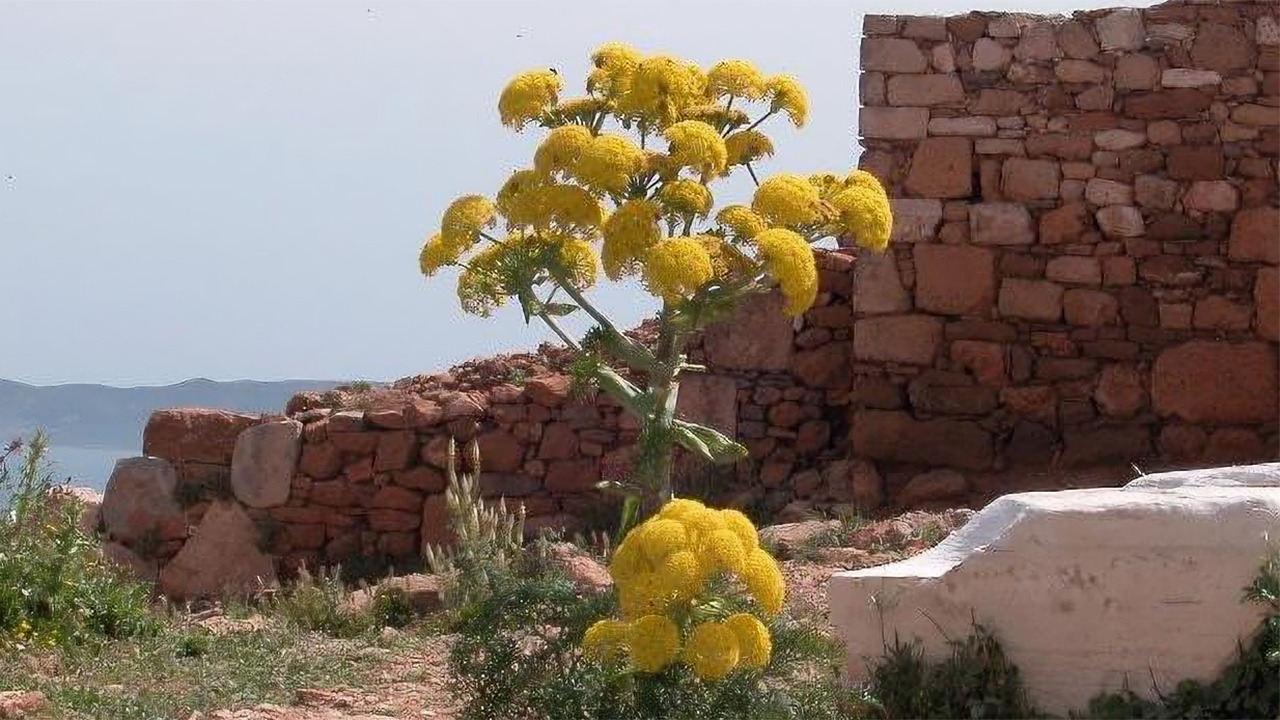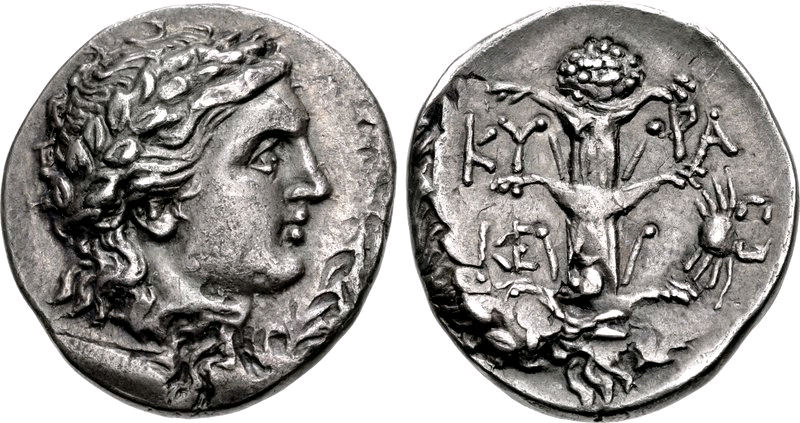
The “miracle” plant Silphium consumed by Ancient Greeks, Romans, and Egyptians, which was thought to have become extinct two thousand years ago, has recently been rediscovered in Turkey by a professor, who thinks he’s found a botanical survivor.
Sylphium was a plant of great significance in the ancient world, known for its various uses and cultural importance.
Native to the region of North Africa, particularly around Cyrene in modern-day Libya, it was valued both for its medicinal properties and as a seasoning. However, its most renowned role was as a natural contraceptive and abortifacient, making it a sought-after herb for birth control in ancient times.
The plant’s popularity and economic value were so substantial that its image was imprinted on coins of Cyrene.
Unfortunately, due to overharvesting, sylphium became extinct. Roman chronicler Pliny the Elder in his Natural History claims that “just one stalk has been found” of the plant in the first century A.D., “and it has been given to Emperor Nero.” This was the last documented account of the silphion.

